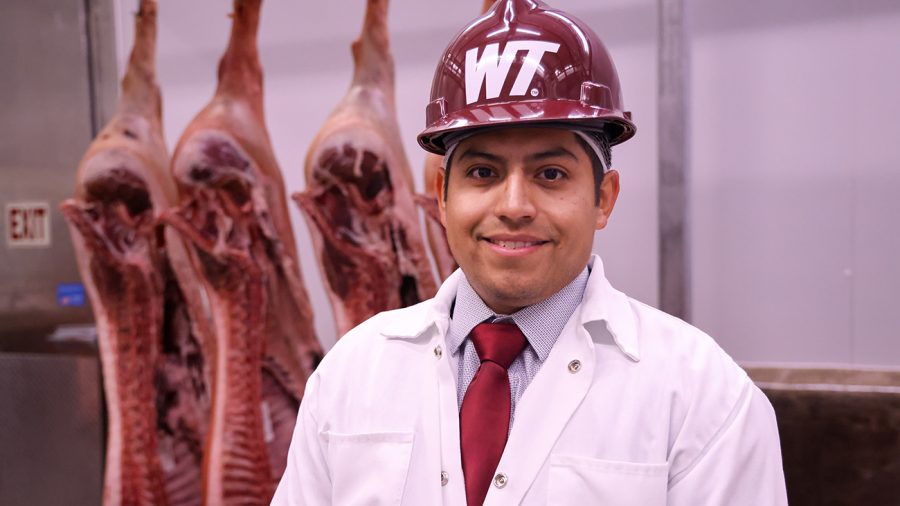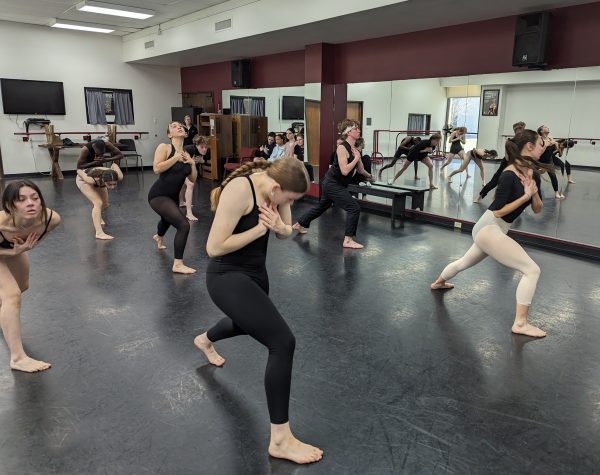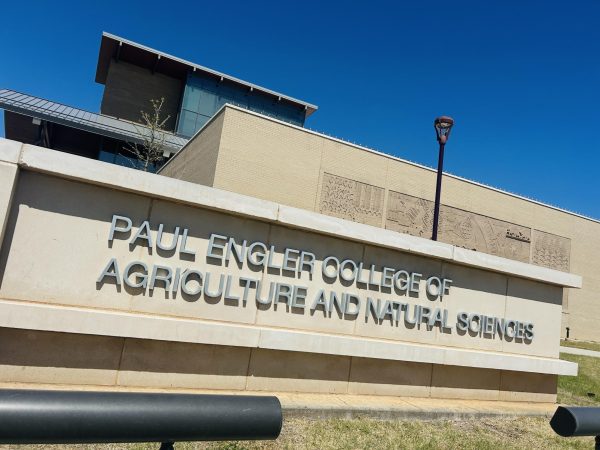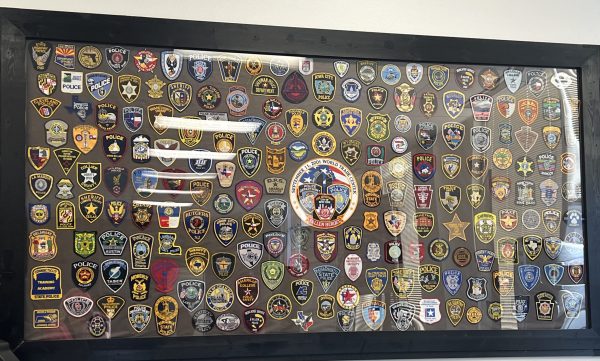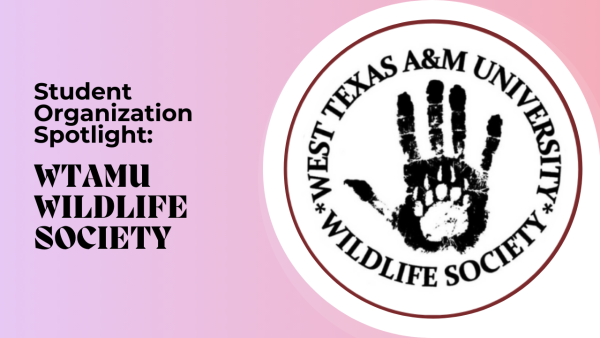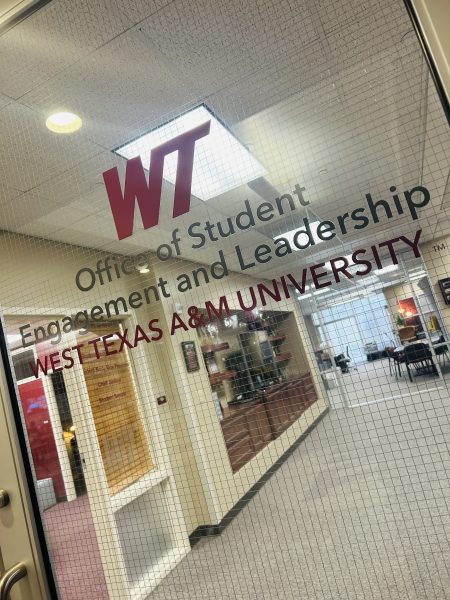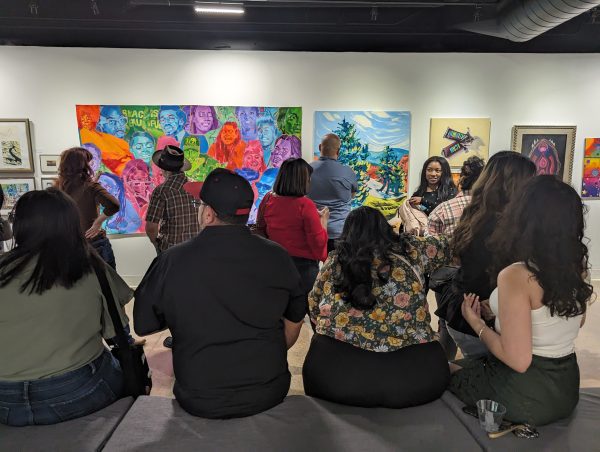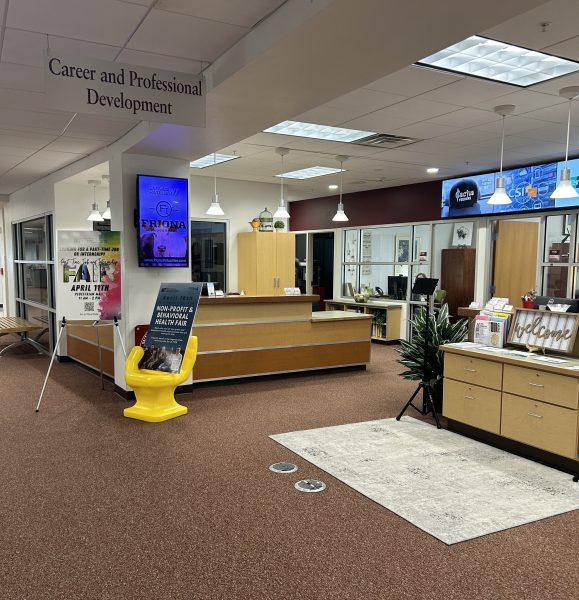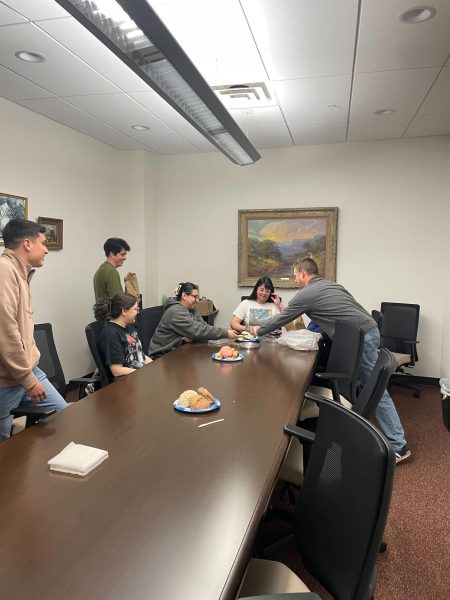WT Intern of the Year helps prevent additional loss of food
Renee Padilla, a junior animal science major from Hereford, is the 2022 WT Intern of the Year for his internship with Cargill.
Every year the West Texas A&M University intern of the year is selected from a pool of several worthy contenders. Internships are essential for the college experience as they give students applicable real-world skills. The WT Intern of the Year is the most qualified and often brings skills to the table that accentuate the best of WT.
Junior animal science major, Renee Padilla, won the award for the work he has completed at Cargill. Padilla currently works at Cargill and spoke to me during his lunch break to discuss why he loves what he does and how he has helped the company bring about innovations.
“I base off all of my ideas, research and stuff like that to my mentor, Dr. Lawrence, in the Meat lab,” Radilla said. “I feel blessed that I’ve learned throughout the years.”
Padilla is no stranger to agriculture as his family has been involved with the industry, and it helped drive his passion for staying with the agriculture industry. Before Padilla’s internship, he worked with Caviness during his freshman, sophomore, and junior year. However, during his junior year, he moved to Cargill to move into a higher role.
“I’m a supervisor; I get on the line, and I move around my workers and help them out, but their main focus with me is that ‘Hey, I got this issue, go fix it.’ Like, what can we do better,” Padilla said. “(Cargill) liked my idea for that hanging tender.”
The innovation of hanging carcasses differently than what has been done previously has saved Cargill millions in lost revenue. Per Cargill’s lead recruiter, Michael Hewitt, this new idea has even helped Padilla obtain a scholarship with the company.
“Everything comes out to numbers,” Padilla said. “We’re doing around 6,000 head of cattle, and let’s say we’re losing one pound a day per head. You add those up during the whole shift, that 6,000 pounds already. So it is little impact, but we’re doing large quantities that add up at the end of the year.”
When the cow is placed on the processing line, the hanging process is bustling work that can lose quantity if the hanging is incorrectly placed on the carcass. Workers were still processing at rates unseen outside a large modern processing facility. Still, they needed to improve on being as efficient as possible.
“Being with the workers side by side and doing the same process, I figured out that they were not cutting it correctly,” Padilla said. “We were losing product. I made them change the style of cutting to where it’s not hard for them. It’s good ergonomics for (workers) and good product yield for the company. It is basically a win-win.”
With an industrial processing line, it often takes getting involved, doing what you ask employees to do, and seeing faults first-hand to devise a solution. Padilla has been involved with the industry his whole life and is not scared of a hard day’s work. That work is how he can come up with new ideas that help his fellow employees and the company’s bottom-line profits.
As Intern of the Year, Padilla will receive a $1,000 scholarship and will be submitted for the National Cooperative Education & Internship Association Academic Intern of the Year award.

Hello, my name is Marcus Rogers. I am from Greenville, Texas and I'm studying agricultural media and communication with a minor in political science. I'm...



